Once seen as an unshakable symbol of popularity in Indian politics, Prime Minister Narendra Modi’s approval has begun to wane, according to the latest Mood of the Nation (MOTN) survey conducted by India Today in collaboration with polling agency C-Voter.
The survey, carried out between July 1 and August 14 across all Lok Sabha constituencies, gathered responses from 54,788 people, supplemented by another 150,000 interviews, totaling over 206,000 participants.
The findings reveal a clear downward trend in public trust and satisfaction with Modi’s government.
Modi’s approval rating, which stood at 70% in 2021, has fallen to 58% in 2025. Satisfaction with the NDA government’s performance has also dropped sharply—falling from 62% in February to 52% in August. Analysts say this indicates a long-term decline that could have major implications for the BJP.
Concerns over democracy are also rising. While 42% of respondents in 2024 believed Indian democracy was under threat, the figure has now climbed to 48%. Only 39% expressed confidence that democracy faced no danger. Additionally, 46% said central agencies are being misused for political purposes, and 43% viewed the actions of governors in opposition-ruled states as politically motivated.
Communal harmony appears to be eroding as well. Just 38% of respondents felt communal relations remain intact, compared to 55% in 2021.
On corruption, 47% said the government has failed to curb it. Meanwhile, 66% now see Congress as the principal opposition force, with Rahul Gandhi’s approval on the rise—50% rated his performance positively, including 28% who described it as “outstanding.” This shift could provide new momentum for the Congress party.
Economic dissatisfaction is another major concern. A year ago, Modi led over former Prime Minister Manmohan Singh in economic management (57% vs. 35%). Now, that gap has nearly closed, with Modi at 45% and Singh at 43%. According to the survey, 56% believe the NDA’s economic policies benefit mainly the wealthy and large businesses, while half see India’s “fourth-largest economy” claim as largely symbolic, with little improvement in ordinary people’s lives.
Unemployment and inflation remain top concerns: 72% identified unemployment as the most serious problem, while 92% said household expenses have risen in the past year. More than 60% admitted it has become nearly impossible to manage daily living costs.
Respondents credited the government’s biggest achievements to the construction of the Ram Mandir in Ayodhya and the Kashi Vishwanath corridor. Yet beyond these symbolic successes, dissatisfaction is widespread—ranging from border politics to transparency in international affairs. For example, on the recent “Operation Sindur,” 55% expressed disapproval of the government’s handling, and only 54% felt it was transparent in sharing information.
Overall, the survey suggests a shifting political landscape: Modi’s popularity is slipping, public unease over democracy is mounting, Congress is regaining ground, and dissatisfaction with the economy, unemployment, and inflation is at an all-time high.


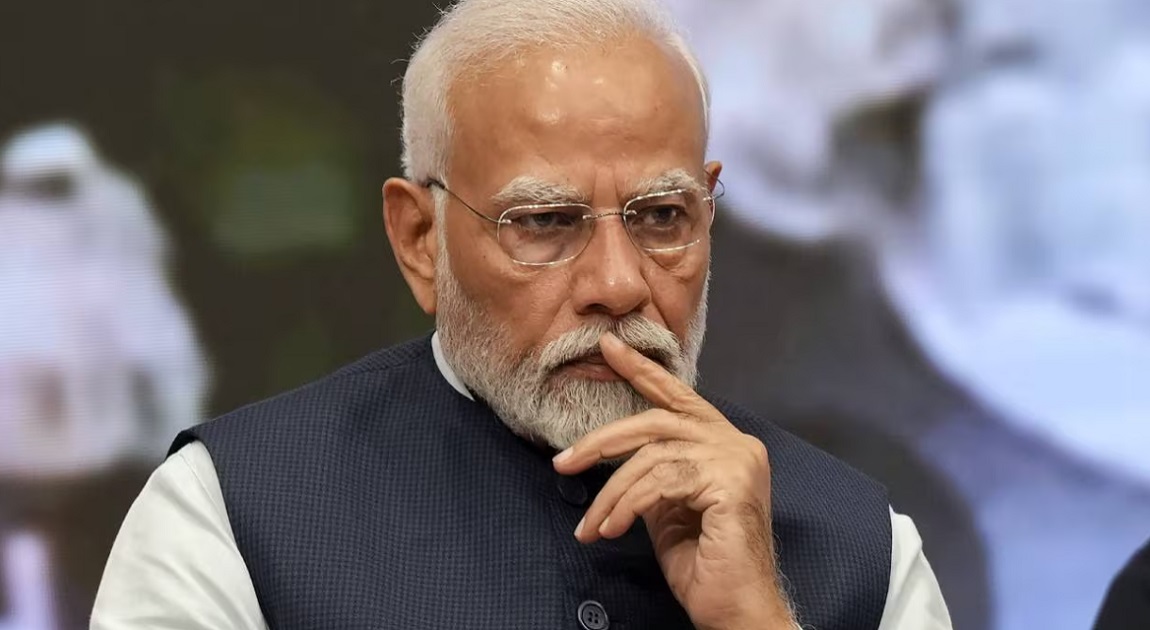

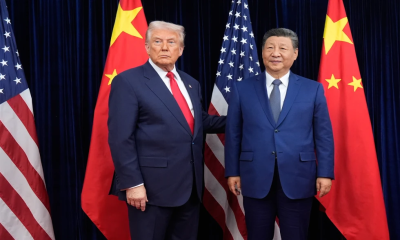

-20260220065859.jpeg)
-20260219110716.webp)
-20260219054530.webp)
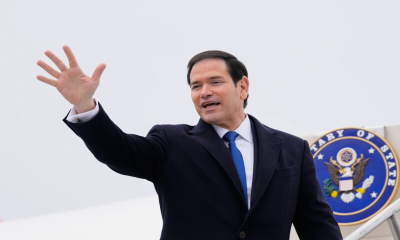
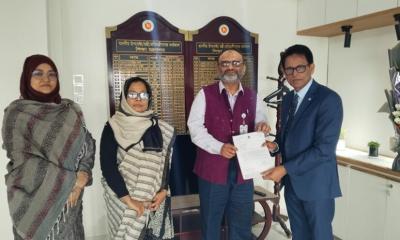
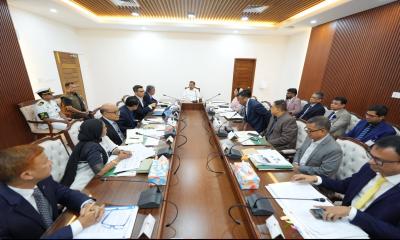

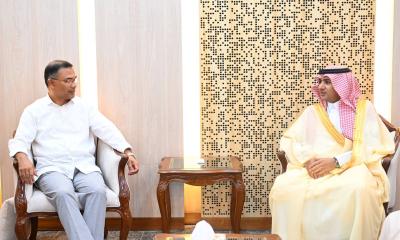
-20260222063838.webp)







-20260221022942.jpg)














